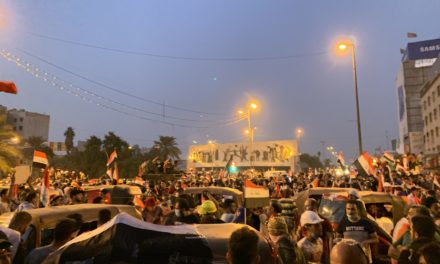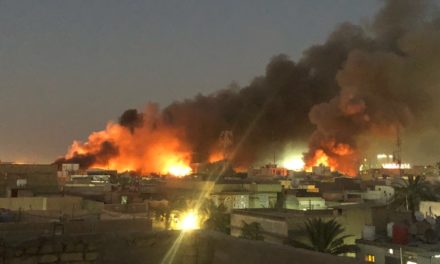Although Prime Minister Haider al-Abadi has moved to order the Parliamentary Integrity Committee to investigate all names indicted on corruption allegations in the questioning trial, it will prove futile since the Integrity Committee headed by Talal al-Zobaie is a parliament-appointed committee. The committee is subject to political manipulation and seduction. These practices have become all too common and the Iraqi street is growing tired of the unproductivity of the judiciary.
It is due time to put an end to this farce and press the reset button. Prime Minister Haider al-Abadi must exercise his power by dissolving parliament and holding early elections in accordance with Article 61 of the Iraqi Constitution that states: “The Council of Representatives may dissolve itself with the consent of the absolute majority of its members, upon the request of one-third of its members or upon the request of the Prime Minister and the consent of the President of the Republic.” Article 61 goes on to say: “Upon the dissolution of the Council of Representatives, the President of the Republic shall call for general elections in the country within a period not to exceed sixty days from the date of its dissolution.”
The dissolution of parliament and holding early elections will help resolve the political and corruption entanglements that the country finds itself in. While many will argue that the magnitude and timing of such changes is critical amid the country’s war on terror, the immensity of corruption within parliament that is disrupting growth and economic development cannot be postponed. Furthermore, it cannot be a preserve for government alone or a single institution. A comprehensive approach, realistic and measured, must be adopted to escort the country out of its political and economic quagmire. Implementing the long-awaited reforms, addressing corruption and security concerns, as well as enhancing the private sector’s capacity, can be the starting point of the next phase.

Mustafa Al-Khaqani
Mustafa Al-Khaqani is a researcher and a civil activist in Iraqi politics. Currently studying American politics and policy.










